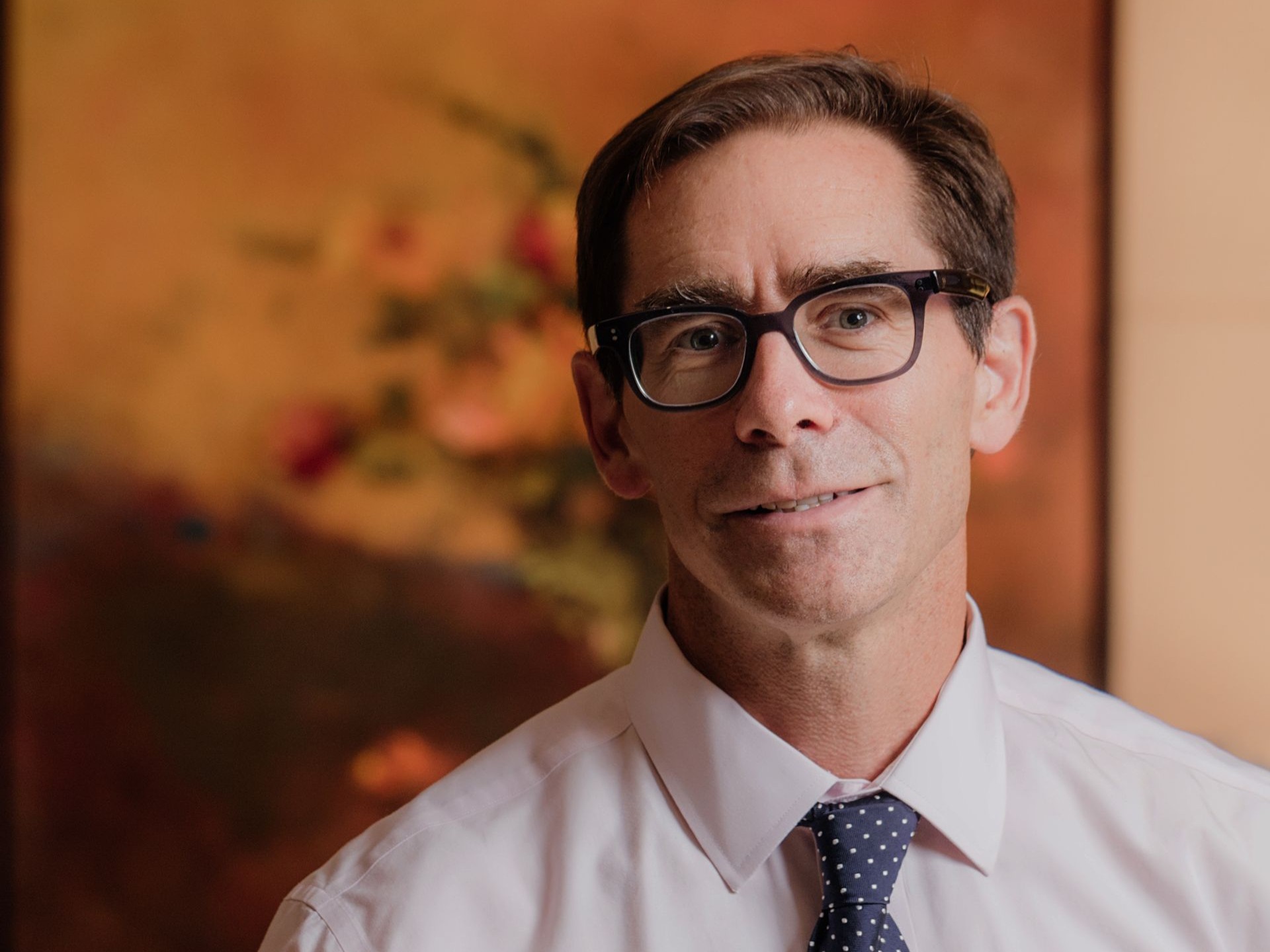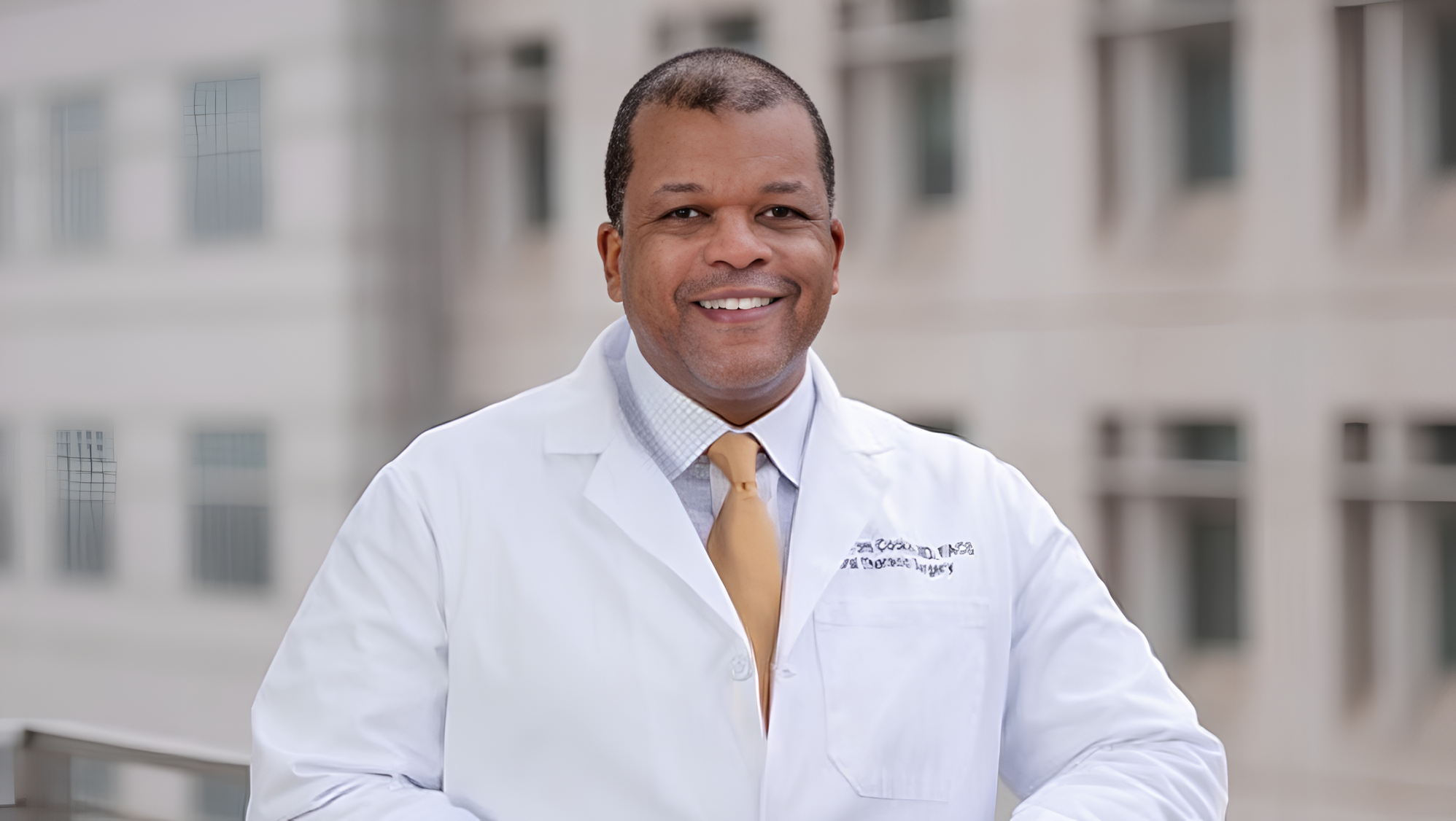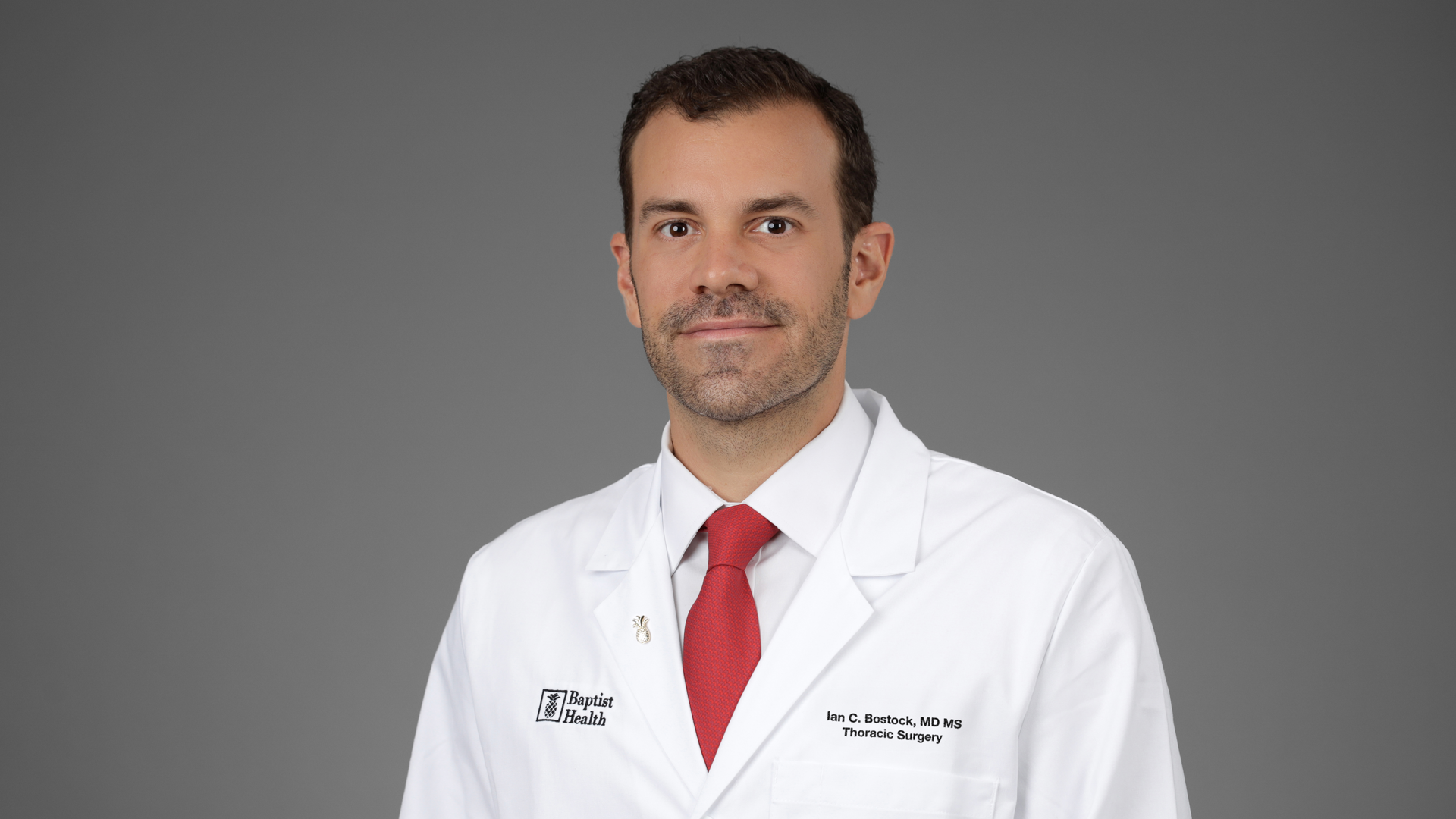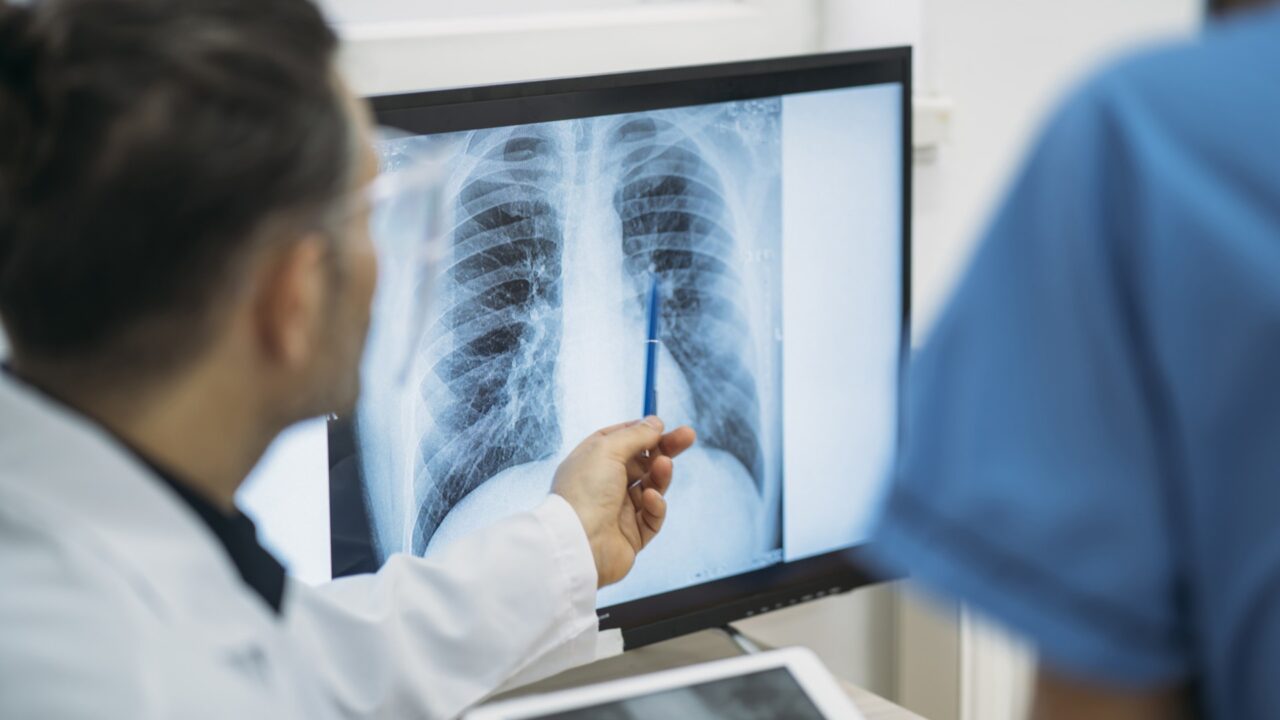Advances in screening, minimally invasive surgery, and personalized treatments are turning the tide against the nation’s deadliest cancer.
Lung cancer is responsible for approximately 1 in 4 cancer deaths in the United States, making it the deadliest cancer among Americans. However, surgeons say a new era of hope is emerging.
This progress is fueled by three key developments: the increasing, though still underutilized, adoption of screening that detects lung cancer early, refined surgical techniques that improve recovery, and personalized therapies that target a patient’s specific cancer. Experts with the American College of Surgeons (ACS) share what the public should know during Lung Cancer Awareness Month.
Screening Is a Lifesaving Tool That Is Critically Underused
The adoption of lung cancer screening with low-dose CT scans has been a game-changer, shifting diagnoses to early, more treatable stages. With screening, there is up to a 20% reduction in deaths, according to the National Cancer Institute. Current guidelines recommend adults aged 50 or older who currently smoke or smoked in the past consult their primary care provider about annual screening.
However, only 16% of eligible patients were screened in 2022, resulting in tens of thousands of preventable deaths.
Daniel J. Boffa, MD, MBA, FACS, Vice Chair, ACS Commission on Cancer (CoC) and division chief of thoracic surgery at Yale School of Medicine, said:
“Lung cancer screening is the most powerful tool to reduce deaths from lung cancer to happen in my lifetime. Screening with a CT scan, which takes just a few minutes, allows cancer to be found at an earlier stage, when treatments are easier on patients and more likely to cure patients.”

Screening is recommended for people with a history of smoking, but experts say up to 20% of lung cancer cases occur in people who have never smoked.
“It’s important to know the risks and symptoms of lung cancer. Look out for a persistent cough, one associated with chest pain, or coughing up blood,” said Dr. Boffa.
Dr. Boffa also noted that lung cancer risk factors for people who have never smoked may include significant past exposure to radon, asbestos, or smoke from cooking and wildfires, and a family history of lung cancer in people who did not smoke, among other potential factors.
Surgical Treatment Is More Precise Than Ever
For early-stage lung cancer, surgery remains the gold standard for a cure. The field has evolved dramatically from the days of large, open incisions. Today, most lung cancer surgeries are performed using minimally invasive techniques, such as robotic-assisted surgery.
David Tom Cooke, MD, FACS, MAMSE, a professor and founding chief of the Division of General Thoracic Surgery at UC Davis, and a member of the ACS Patient Education Committee, said:
“These advanced techniques allow us to remove the cancer with unparalleled precision through several small incisions. This approach results in less pain after surgery, shorter hospital stays, and a faster return to normal life for our patients.”

Personalized Therapy Is Improving Outcomes, Even for Advanced Cases
Beyond surgery, biomarker testing and targeted therapies have revolutionized the treatment landscape for lung cancer. By analyzing a tumor’s genetic makeup, doctors can identify specific mutations and use targeted drugs or immunotherapy to attack cancer cells while sparing healthy ones.
Ian C. Bostock, MD, MS, FACS, a thoracic surgeon at the Baptist Health Miami Cancer Institute and an associate professor of surgery at Florida International University, said:
“We are no longer treating all lung cancers the same way. With specific biomarker testing and targeted therapy, we’re seeing survival extend to years, even for late-stage cancers.”

Quitting Smoking Remains the Cornerstone of Prevention and Treatment
While treatment advances are saving lives, quitting smoking is the single most effective step to prevent lung cancer. The benefits are also significant for patients with lung cancer. Quitting smoking is associated with better treatment outcomes, fewer complications, and can add up to 1.8 years of survival for lung cancer patients.
“Quitting smoking is hard work, but the health benefits are worth it. There have never been better tools and support to help people quit,” Dr. Boffa added.
Initiatives such as the ACS Just ASK and Beyond ASK quality improvement projects aim to increase access to empathetic smoking cessation resources.
Resources for the public and journalists on lung cancer awareness and treatment are available here.
About the American College of Surgeons
The American College of Surgeons (ACS) is a scientific and educational organization of surgeons that was founded in 1913 to raise the standards of surgical practice and improve the quality of care for all surgical patients. The ACS is dedicated to the ethical and competent practice of surgery. Its achievements have significantly influenced the course of scientific surgery in America and have established it as an important advocate for all surgical patients. The ACS has approximately 90,000 members and is the largest organization of surgeons in the world. “FACS” designates that a surgeon is a Fellow of the ACS.
You can find more posts featuring the American College of Surgeons on OncoDaily.


